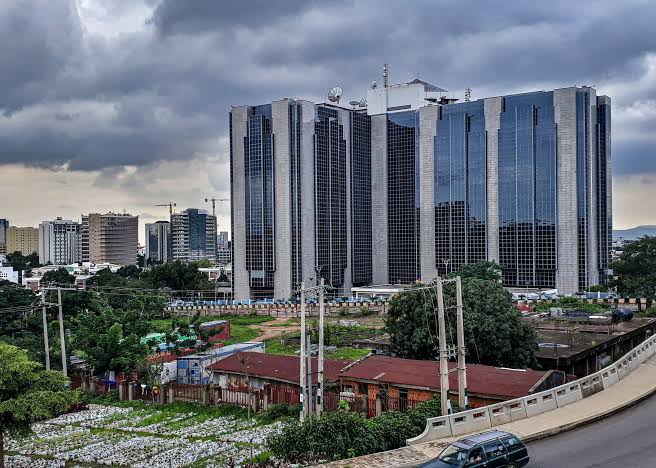Estimated reading time: 3 minutes
The Central Bank of Nigeria (CBN) has announced a significant increase in credit extended by Nigerian banks to the private sector. According to CBN data, loans and other forms of support to businesses reached N375.78 trillion in the first five months of 2024. This represents a substantial 74.98% increase compared to the N214.76 trillion recorded in the same period of 2023.

The CBN Governor, Yemi Cardoso, attributes this growth to the banking sector’s ongoing efforts to support the Nigerian economy. The rise in credit suggests a willingness among banks to lend and potentially reflects the CBN’s policies aimed at stimulating economic activity.
A Breakdown of the Numbers:
The CBN report provides a month-by-month breakdown of the credit disbursement, showing a consistent upward trend. In May 2024 alone, credit to the private sector stood at N74.31 trillion, a 65.9% increase year-on-year from N44.79 trillion in May 2023. The highest level of contribution was recorded in February at N80.86 trillion, followed by January at N76.48 trillion.
Impact on the Economy:
An increase in credit to the private sector can have a positive impact on the Nigerian economy in several ways. It can:
- Fuel business growth: Businesses can access the funds needed to invest in expansion, inventory, or new equipment, leading to increased production and job creation.
- Boost economic activity: Increased business activity can stimulate consumer spending and overall economic growth.
- Improve financial inclusion: By providing access to credit, banks can help small and medium-sized enterprises (SMEs) grow and participate more fully in the economy.
However, some potential challenges also need to be considered.
- Non-Performing Loans (NPLs): With a significant increase in lending, it’s crucial to monitor the repayment rate of these loans. A rise in NPLs could put strain on banks’ financial health.
- Interest Rates: The availability of credit is often linked to interest rates. High-interest rates can make borrowing less attractive for businesses, hindering their growth potential.
- Sectoral Distribution: It’s important to understand how this credit is distributed across different sectors of the economy. Focusing primarily on certain sectors may limit the overall impact on economic diversification.
The CBN’s report highlights a positive trend in credit availability for Nigerian businesses. It will be important to monitor the impact of this increase on economic growth and employment. Additionally, regulatory measures should ensure responsible lending practices to minimize the risk of NPLs and maintain financial system stability.
Tags: CBN, NPL, Nigeria, Olayemi Cardoso, Loan, Economy, Bola Tinubu, Central Bank of Nigeria, Business, Commerce, Loan






